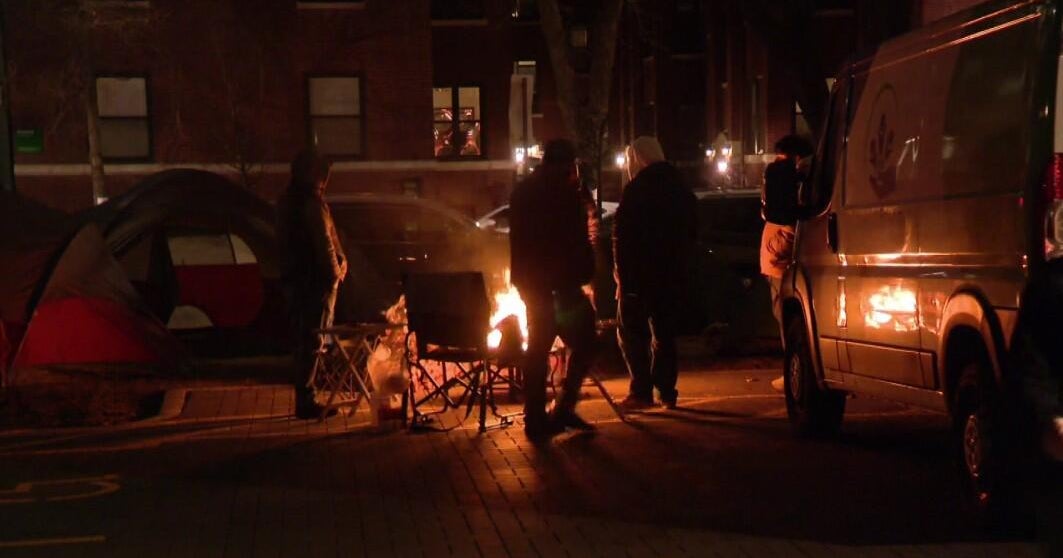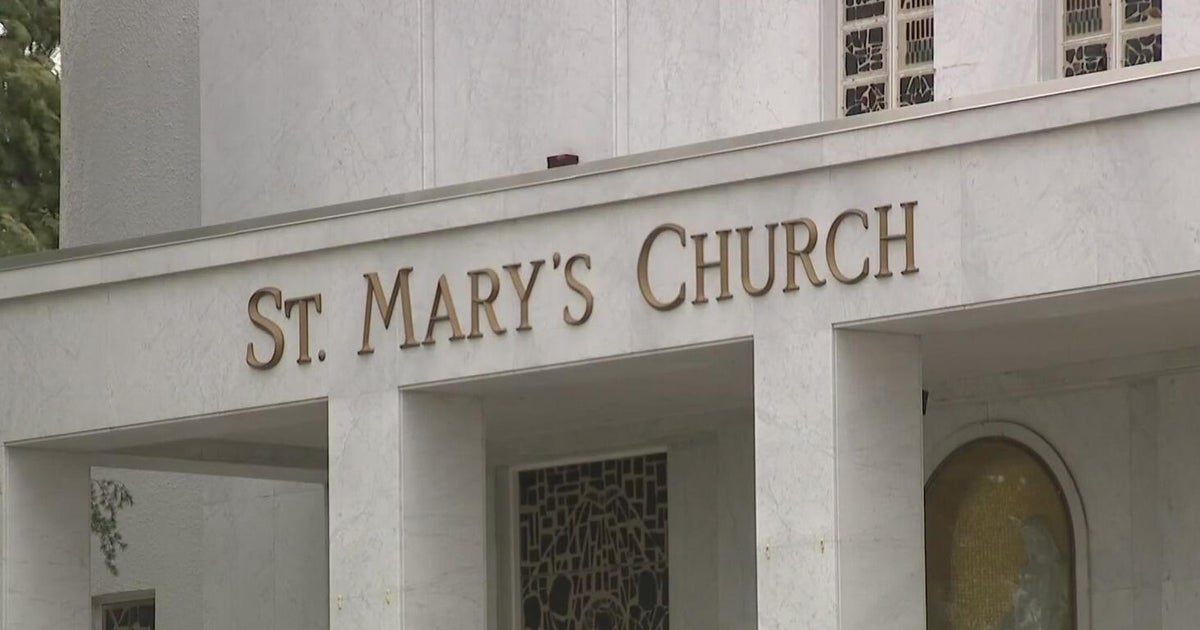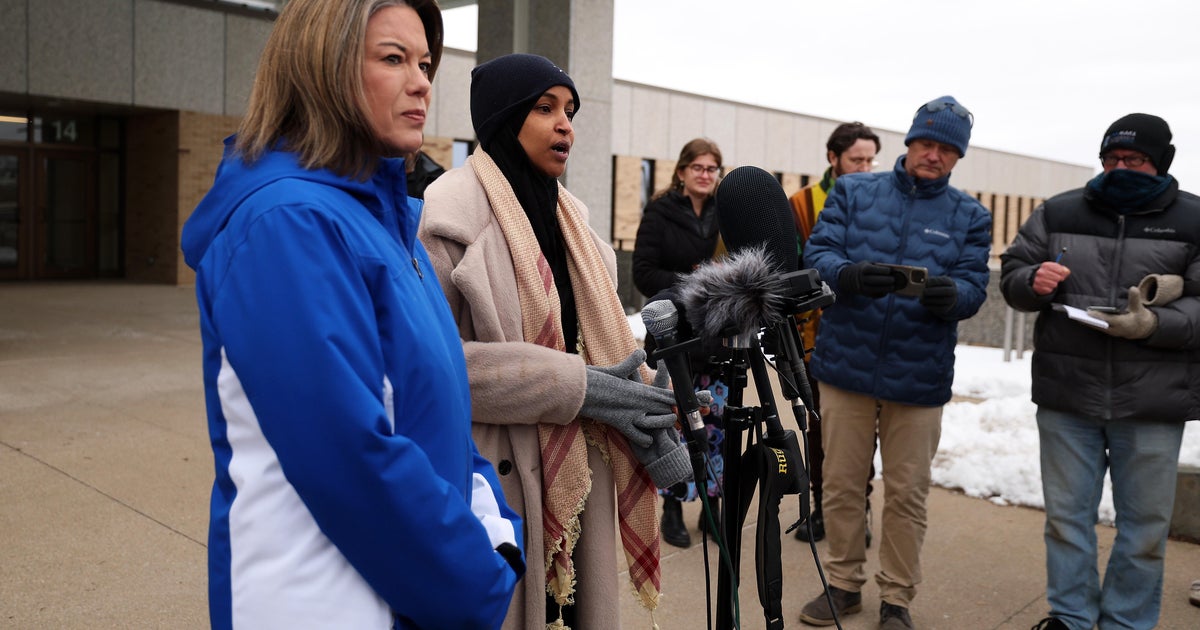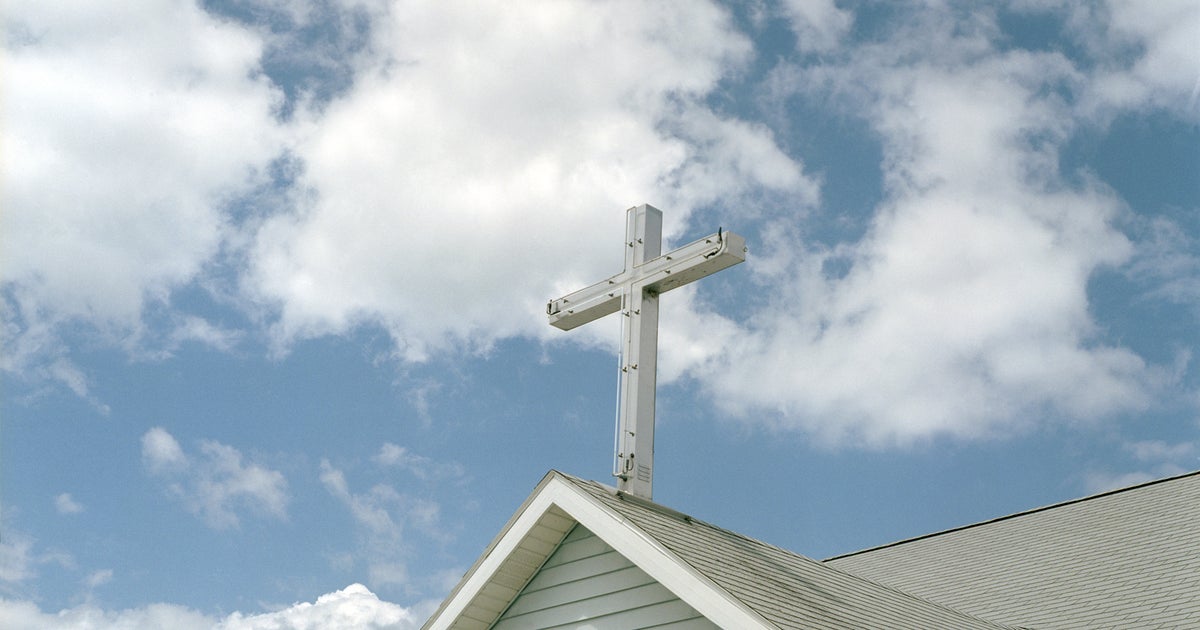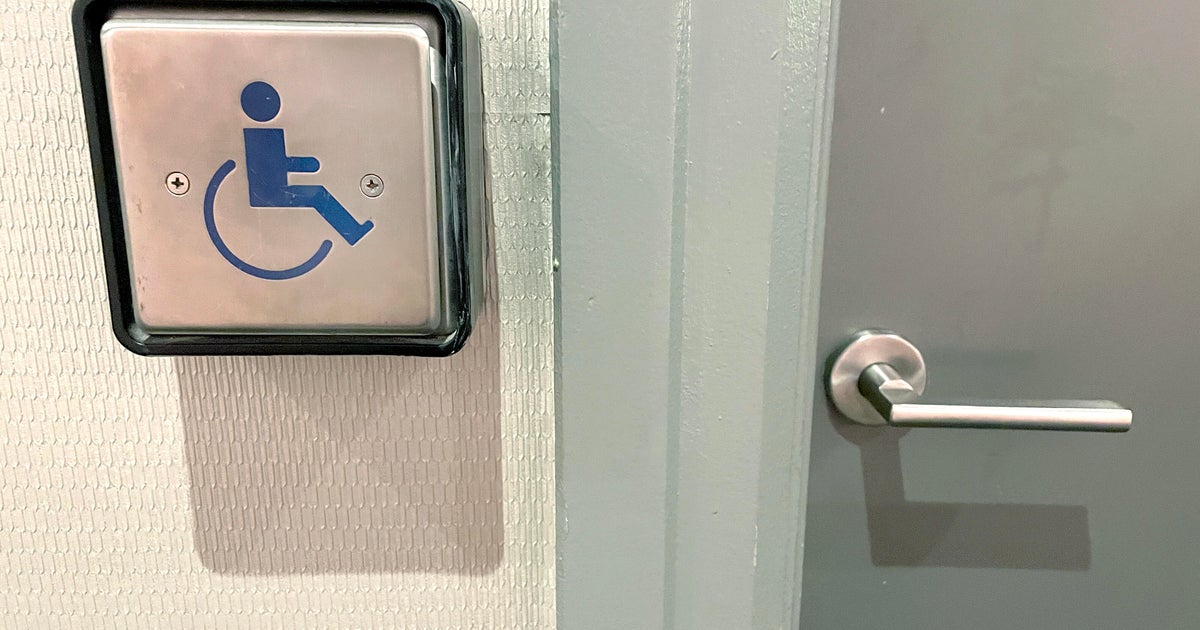New law opens door for churches to build tiny homes for people experiencing homelessness
ST. PAUL, Minn. —Tiny homes are hoping to solve a huge problem in Minnesota. They're called "Sacred Settlements" and a new law lets Minnesota churches put them on their property.
This strategy comes as homelessness jumped by 6% in Minnesota over the past year and reached record levels nationwide.
"I was actually living in a tent down by the river 4 years ago," David Doren said.
RELATED: Homelessness in America reaches record level amid rising rents and end of COVID aid
Now, Doren has an address and a renewed sense of security and community.
"It's great. I have a door I can lock. Don't have to worry about my neighbors robbing me," Doren said.
He's one of eight tenants living in six tiny homes outside Mosaic Christian Community in St. Paul, known as Sacred Settlement Mosaic.
"It's not a stop to some place better, they are welcomed home as long as they pay rent, follow the policies and want to be there," Sacred Settlement Mosaic Co-Lead Meredith Campbell said.
Campbell said the tenants pay in the range of $200-400 a month. Tenants also receive a key to the church building where there are more amenities, including showers, a kitchen, dining and living areas.
"We try to be as low barrier as possible. We say come, come as you are, come welcome home," Campbell said.
She said after years of zoning challenges, a new state law opened the door for faith communities to have the right to seek permits for Micro-Unit Dwellings on religious properties.
"We were thrilled the legislation passed, recognizing that homes built to this standard, for these purposes, on religious land like this, is a recognized form of housing in Minnesota," Campbell said.
READ MORE: Unsheltered homelessness in Minneapolis declared a public health emergency
At Mosaic, not all the tenants experienced homelessness.
"I want to be able to spend time with our neighbors who are often overlooked, but who are amazing people who have gifts and strengths and just need a community," Rose Larson said.
Larson lives in a tiny home and helps people find community, by being what's called an 'Intentional Neighbor.'
"Each of my neighbors just contributes so much and that restores a sense of values and worth and that's a distinct difference in this form of housing," Larson said.
For Doren, it's more than a home, it's hope.
"Thank you. Thank you very much. I don't know where I'd be without it, you know," he said.
Sacred Settlement Mosaic was the first sacred settlement in the state. Prince of Peace Lutheran Church in Roseville also has one now too.
